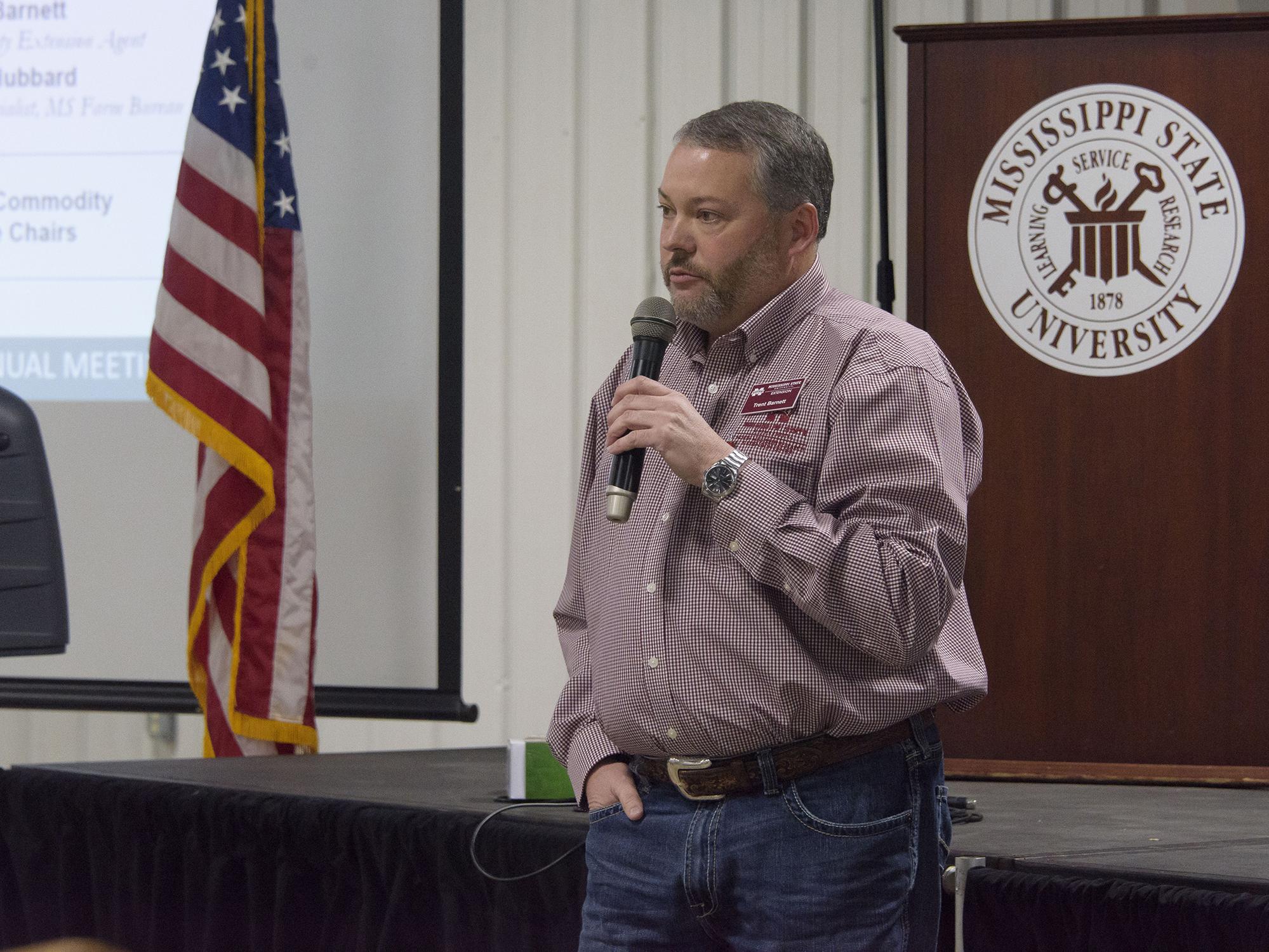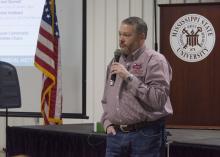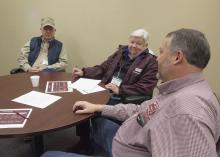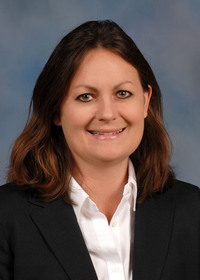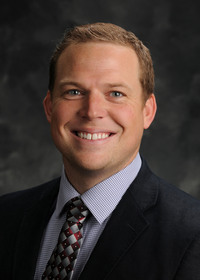Information Possibly Outdated
The information presented on this page was originally released on February 22, 2019. It may not be outdated, but please search our site for more current information. If you plan to quote or reference this information in a publication, please check with the Extension specialist or author before proceeding.
MSU advisory groups hear about partnerships
VERONA, Miss. -- Agricultural commodity groups meet annually with research and Extension personnel to convey needs and hear updates. This year, they also heard about important partnerships to serve producers.
The Mississippi State University Extension Service and Mississippi Agricultural and Forestry Experiment Station host agricultural producers every February at the North Mississippi Research and Extension Center. Producers break into small groups based on commodity interest to express they needs and to hear about recent research and recommendations.
Jane Parish, head of the North Mississippi Research and Extension Center, said Mississippi State and producers are stronger when they work together.
“We all need each other. Mississippi State is stronger when we work with others,” she said. “We’re stronger with our partners, whether we’re talking about Extension and research, or organizations such as Mississippi Farm Bureau Federation.”
The North Mississippi Producer Advisory Council Meeting was held February 21, 2019 at the North Mississippi Research and Extension Center in Verona, MS.
Parish suggested industry groups may be able to sponsor research projects or help MSU meet other producer needs.
Mike Brown, state climatologist and MSU professor of geosciences, explained how united efforts have helped develop an application for smartphones to assess drought conditions. The program allows for written documentation with photographic support to promote accurate reporting.
Calhoun County Extension agent Trent Barnett explained how support from county supervisors and input from the Mississippi Farm Bureau provided grain bin rescue training for first responders. Soon after the training, these skills helped save a life.
“The life-saving experience increased other farmers’ awareness of the importance of safety harnesses and other considerations,” he said. “Now, instead of Extension trying to recruit participants in a similar training, they are knocking on our door requesting it.”
Parish said about 300 stakeholders around northeast Mississippi braved the rainy conditions to attend the meeting. MSU received producer input from 16 commodity groups including apiculture/bees, aquaculture, beef, cotton, dairy, equine, forestry/wildlife, goats/sheep, grain crops, ornamentals, peanuts, poultry, sweet potatoes, swine, turf and vegetables, and fruits and nuts.
“From what they tell us, we start to see themes about whether it’s a position to be filled, or an area of research, or some education about a particular topic,” Parish said. “It really becomes a good discussion, and we start to see where we need to head moving forward and what partnerships we can form with others to get some of their needs met.”
Parish said some of the things that were requested during the meeting are only going to be accomplished by working with other groups.
“So, it’s really important, especially with reduced recourses and tight budgets, that we find better ways of all being on the same team of working together,” she said.
Similar meetings are held around the state in February.

